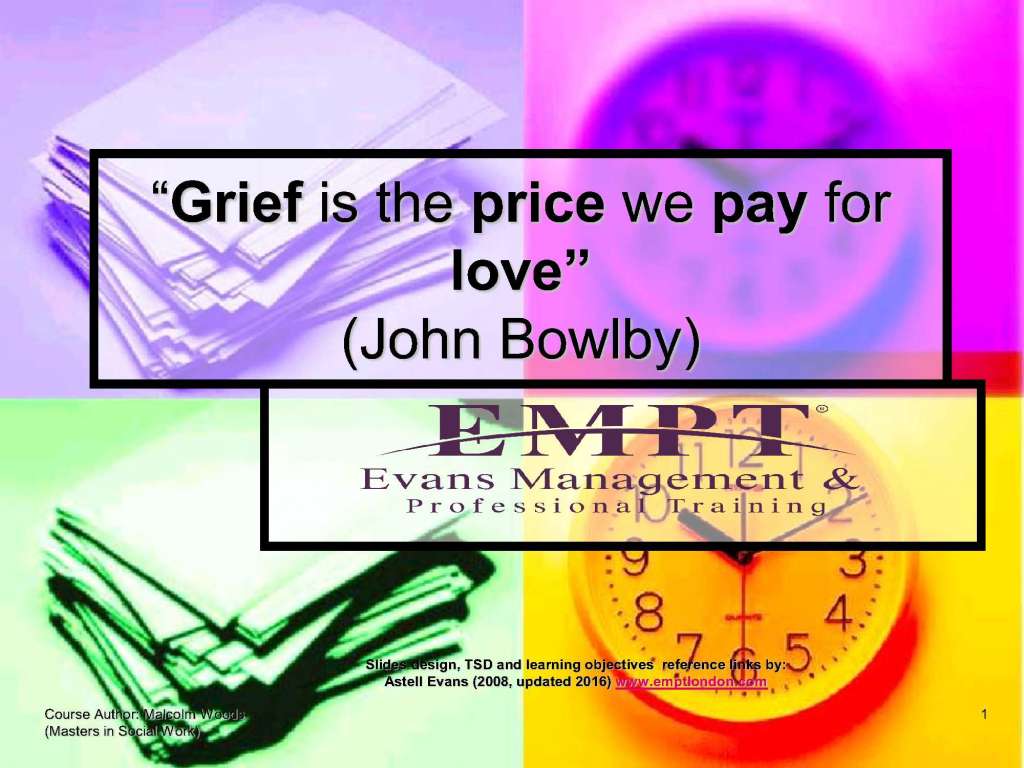TSD 2.3 (a & b) Promoting Child Contact
Importance of child contact when promoting relationships with parents and others Child contact refers to all relationship links between a child and their families of origin and friends, regardless of the form and frequency of these links. This may include overnight stays, telephone calls, exchange of letters or photographs or indirect links through third parties. […]
TSD Standard 4 Know how to communicate effectively
Effective communication in foster care settings People working in fostering settings often communicate to share ideas/information; to offer reassurance; to build relationships; to ask questions and much more. Factors to consider for effective communication includes: the level; pace; tone; sensory needs; content; use of jargon/slang; child or young person’s or colleagues wellbeing and ability. This […]
Training Support and Development Standard 3.4 (Promoting positive behaviour)
Promoting principles for supporting the behaviour development in children and young people whilst meeting the Training Support and Development Standards. In terms of promoting positive relationships and socially aware behaviour the following methods are sometimes useful in supporting behaviour management and working in line with the Training Support and Development Standards: Using positive reinforcement strategies; […]
HELPING CHILDREN COPE WITH A DEATH

In terms of helping children cope with death – children tend to react differently to death than adults. Their response will depend on: What type of relationship they had with the person who has died. Death of a Mother for example, maybe much harder than the death of an Uncle. Age and level of understanding […]
Promoting Standards in Social Care Training
In terms of promoting Standards in social care training the Education and Training Foundation (website) released a set of aspirational standards in May 2014. The Professional Standards provide a framework for teachers and trainers to critically appraise their own practice and improve their teaching through Continuing Professional Development (CPD). Almost 1,000 sector professionals were […]
Promoting Safe and stable placements in which children can develop safe and secure relationships
The Ofsted Framework for Independent Fostering Services asserts that Looked After children should be supported, ‘in care, to live and thrive in safe and stable placements, in which they develop safe and secure relationships’. The Ofsted Framework for Inspecting Children Homes (2015:31), related to promoting safe and stable placements, states ‘where young people have left […]
Sexual health safeguarding guidance and information related to children and young people
Some Legislative Framework, guidance and standards related to sexual health and foster care: Fostering Services Regulations (England) 2011: Regulation 13 (3) – Behaviour management and children missing from the parent’s home Fostering Services National Minimum Standards 2011, 4.1 – Children’s safety and welfare is promoted in all fostering placements. Children are protected from abuse and […]
Unaccompanied Asylum Seeking Children research and guidance information
Main Legislative Framework and Guidance The Children Act 1989 places a responsibility upon Local Authorities to safeguard and promote the welfare of children and young people living in their area. When children in need are identified, an assessment of their needs should be undertaken. A major factor for unaccompanied asylum seeking children is that the […]
Health and social care training and the use of reflective functioning
Reflective functioning is described by various researchers to involve both a self-reflective and interpersonal components in which an individual grasps the complex interplay between their own feelings and those of others. One way of trainers/teachers manifesting the characteristics of reflective thinking is through models of training and/or teaching delivery. For health and social care training […]
